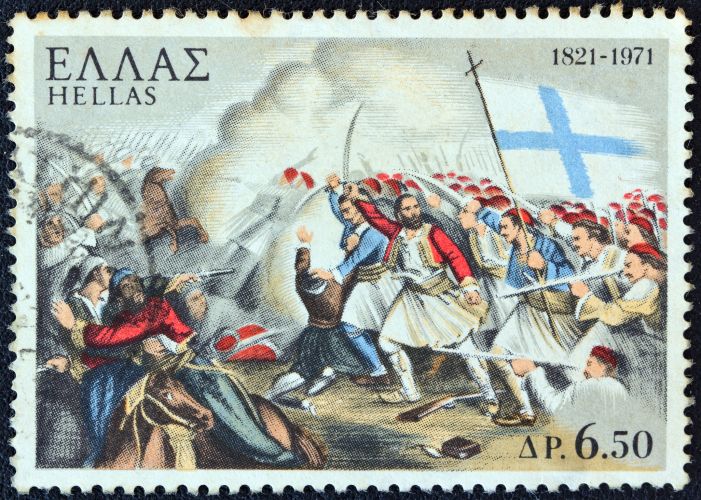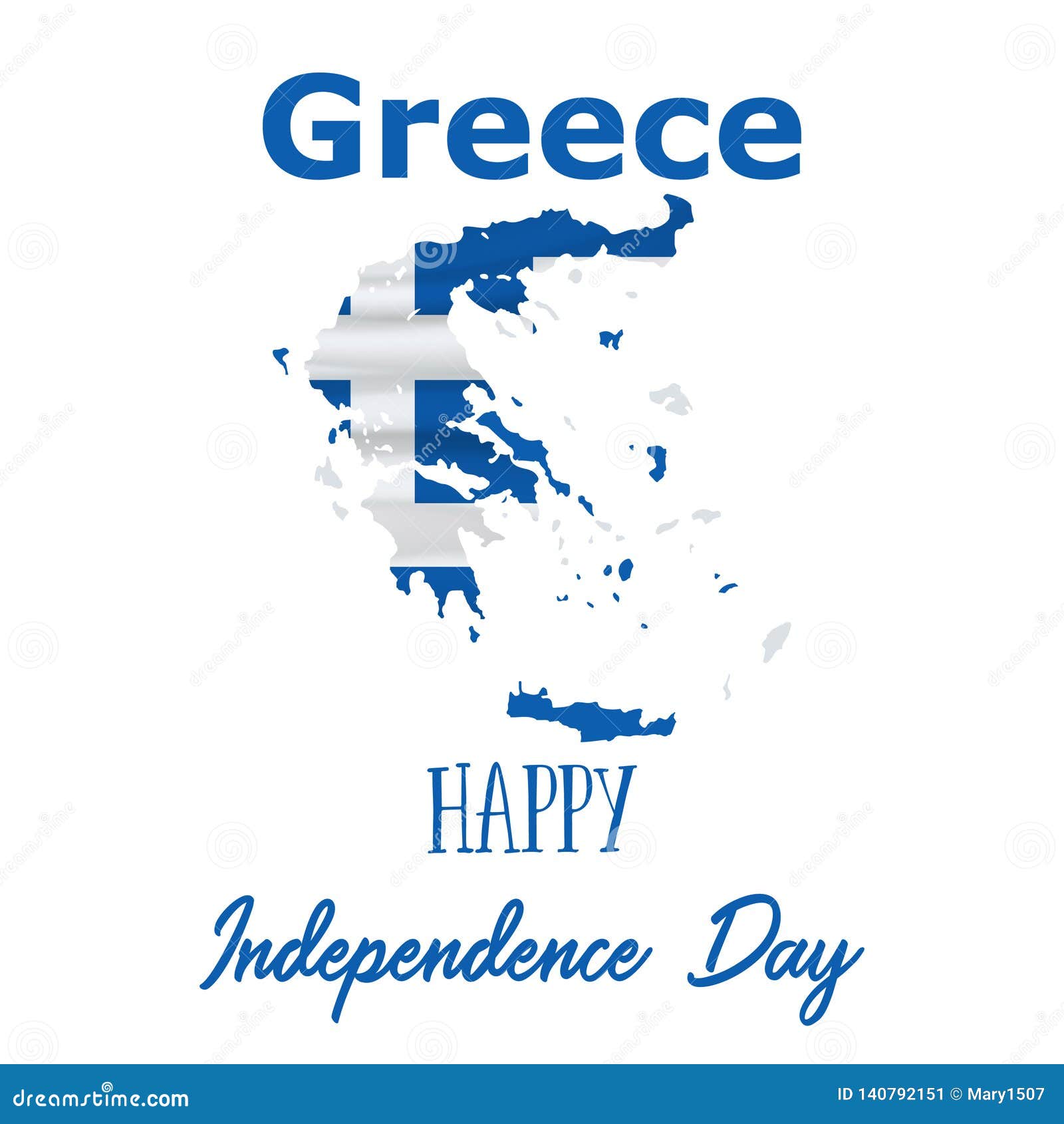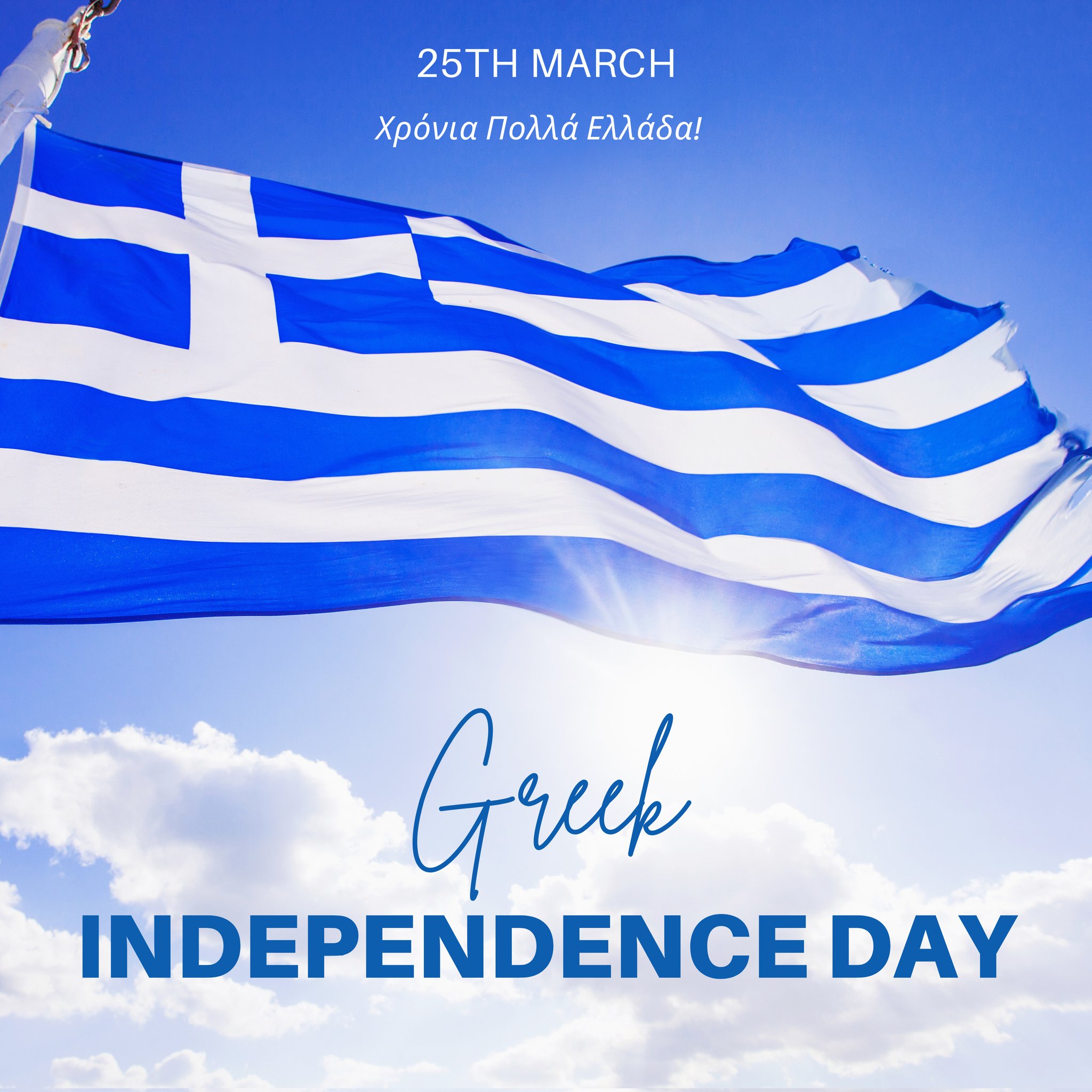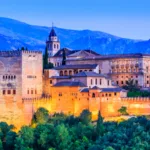25 March in Greece is a day filled with history and celebration. It marks a significant event in Greek culture and heritage.
On this day, Greeks commemorate their independence from Ottoman rule. The streets of Greece come alive with parades, music, and traditional dances. The air is filled with national pride as people remember the sacrifices made for freedom. This day is not just a historical marker, but a vibrant celebration of Greek identity and resilience.
Schools, government offices, and many businesses close to honor this national holiday. As you explore the festivities, you will see the Greek flag proudly displayed everywhere. Whether you are a history enthusiast or a curious traveler, 25 March in Greece offers a unique glimpse into the heart of Greek culture and patriotism.

Historical Significance
The historical significance of March 25 in Greece is profound. This date marks the start of the Greek War of Independence in 1821. Greeks fought to free themselves from centuries of Ottoman rule. This day is celebrated with great pride and patriotic fervor across the country.
War Of Independence
The Greek War of Independence began on March 25, 1821. It was a struggle for freedom against the Ottoman Empire. The war lasted until 1830. It resulted in the establishment of an independent Greek state. The date of March 25 is symbolic. It also coincides with the Feast of the Annunciation in the Greek Orthodox Church. This connection gave the struggle a spiritual dimension. The war saw many key battles and sieges. Greeks displayed immense bravery and resilience. The road to independence was long and difficult. But the spirit of the people remained unbroken.
Key Figures
Several key figures played crucial roles in the Greek War of Independence. Their leadership and courage inspired many.
- Theodoros Kolokotronis: A prominent leader and strategist. He led many successful battles against the Ottomans.
- Laskarina Bouboulina: A heroic female naval commander. She used her wealth and ships to support the Greek cause.
- Georgios Karaiskakis: Known for his guerrilla tactics. He was a fearless and skilled military leader.
- Athanasios Diakos: A legendary figure who became a martyr. His courage and sacrifice are remembered with respect.
These individuals, among many others, played vital roles. Their contributions were instrumental in achieving Greek independence.
Independence Day Events
Independence Day in Greece is celebrated on 25 March with grand events. This day marks the start of the Greek War of Independence in 1821. The whole nation comes together to honor the heroes and the struggle for freedom. The celebrations are rich with history and pride. Below, we explore some of the key events that take place on this important day.
Parades And Ceremonies
One of the main highlights of Independence Day in Greece is the parades. Every city and town hosts its own parade. Students, military personnel, and cultural groups participate in these parades. They march through the streets, dressed in traditional costumes or uniforms. The sight is both colorful and inspiring.
In Athens, the capital city, the parade is especially grand. It takes place in front of the Parliament House. The President of Greece and other dignitaries attend this event. The parade features military units, tanks, and aircraft flyovers. It is a display of national strength and unity.
Public Speeches
Public speeches are another significant part of the Independence Day events. These speeches often take place after the parades. Leaders and public figures address the crowds. They talk about the importance of independence and freedom. They remember the sacrifices made by the heroes of the past.
In schools and public squares, students also give speeches. They recite poems and sing patriotic songs. These activities help to instill a sense of national pride in the younger generation. The speeches remind everyone of the values of courage and resilience.
Overall, the Independence Day events in Greece are a blend of history, culture, and patriotism. They are a time for reflection and celebration. The day unites the nation in a shared sense of pride and identity.
Cultural Traditions
The 25th of March is a significant day in Greece. It is not just a national holiday but a day rich in cultural traditions. These traditions bring communities together in celebration. They honor the country’s history and heritage.
Music And Dance
On this day, music and dance play a big role. Traditional Greek music fills the air. The sounds of the bouzouki, a Greek string instrument, are common. People gather in public squares and dance. One popular dance is the “sirtaki.” This dance is easy to learn and fun to perform.
Local bands and musicians often perform live. They play both old and new songs. The music is upbeat and lively. It creates a joyful atmosphere. Everyone, young and old, joins in. The energy is contagious. It’s a wonderful sight to see.
Traditional Attire
Many Greeks wear traditional attire on 25 March. This clothing is colorful and ornate. Men often wear “fustanella,” a pleated skirt-like garment. They pair it with a white shirt and a sash. Women wear “amalia,” a dress with elaborate embroidery. They also wear headscarves and jewelry.
Even children participate. Schools host parades and performances. Students dress up in traditional outfits. They march proudly and sing patriotic songs. This practice keeps the culture alive. It also teaches the younger generation about their roots.
The attire is not just for show. It has historical significance. Each piece tells a story. The designs and patterns have been passed down through generations. Wearing these garments is a way to honor the past.

Religious Observances
Every year on 25 March, Greece celebrates two important events. Alongside Independence Day, the country observes significant religious ceremonies. These religious observances are deeply rooted in Greek culture and faith.
Feast Of The Annunciation
The Feast of the Annunciation holds great importance for the Greek Orthodox Church. It marks the day when the Archangel Gabriel visited the Virgin Mary. He announced that she would bear the Son of God. This event is a cornerstone of Christian belief.
On this day, many Greeks attend church to honor the Annunciation. They participate in special services and prayers. The day is filled with joy and reverence. Families gather to celebrate and reflect on their faith. This feast is not just a religious event but a cultural one.
Church Services
Church services on 25 March are unique. They combine religious devotion with national pride. The services begin early in the morning. Bells ring out across towns and villages. The faithful gather to pray and sing hymns. The atmosphere is solemn yet uplifting.
Priests lead the congregation in prayers. They often speak about the significance of the Annunciation. They also reflect on the meaning of Independence Day. This blend of faith and patriotism is special. It reminds Greeks of their deep connection to their history and religion.
Many churches are decorated with flowers and icons. These decorations add to the festive mood. People light candles and offer prayers. The services are a time for reflection and gratitude. They strengthen the community’s faith and unity.
Educational Activities
Every year on 25 March, Greece celebrates its Independence Day. This day is full of educational activities that help students understand the importance of their history. Schools and communities come together to learn and remember the past.
School Programs
Many schools organize special programs for 25 March. These programs include lessons about the Greek War of Independence. Teachers use different methods to make history interesting. Some schools invite guest speakers to talk about historical events. Others show documentaries and films about the revolution.
Students also participate in art projects. They draw pictures and make crafts related to the history of Greece. These activities help students connect with their heritage. Schools often hold essay competitions. This encourages students to write about what they have learned.
Historical Reenactments
Historical reenactments are a popular activity on 25 March. Many communities organize events where people dress up in period costumes. They act out scenes from the Greek War of Independence. These reenactments bring history to life. They make it easier for students to understand what happened.
Some towns even have parades. People march in traditional dress and carry flags. They sing patriotic songs and recite poems. These events are not only educational but also fun. They create a sense of pride and unity among the participants.
Parents and teachers often join these activities. They help organize and support the events. This makes the day special for everyone involved.
Festive Foods
On the 25th of March, Greece celebrates its Independence Day. This day is marked with various festivities, including parades and cultural events. One of the highlights of the day is the traditional Greek food. Families gather to enjoy a feast of delicious and meaningful dishes. Let’s explore some of these festive foods enjoyed on this special day.
Traditional Dishes
Greek cuisine is rich in history and flavor. On Independence Day, several traditional dishes take center stage. Here are some of the most popular ones:
- Bakalarios skordalia: This is fried cod served with garlic mashed potatoes.
- Gigantes plaki: These are giant beans cooked in a tomato sauce.
- Horta: Boiled greens seasoned with olive oil and lemon.
- Tzatziki: A yogurt-based dip with cucumbers and garlic.
Special Recipes
Many families have their own special recipes for these traditional dishes. Here are a couple of recipes you can try:
- Soak the cod in water for 24 hours, changing the water frequently.
- Drain the cod and cut it into pieces.
- Dip the cod pieces in flour and fry until golden.
- For the skordalia, boil potatoes and mash them with garlic, olive oil, and vinegar.
- Serve the fried cod with a generous dollop of skordalia.
- Soak the beans overnight in plenty of water.
- Drain and cook the beans in fresh water until tender.
- In a pan, sauté onions, garlic, and carrots in olive oil.
- Add tomatoes, parsley, and the cooked beans.
- Season with salt and pepper, then bake in the oven for 30 minutes.
These recipes are simple to follow and bring the flavors of Greece to your table. Enjoy these festive foods and celebrate the rich culture of Greece on this special day.
Modern Celebrations
Modern celebrations of 25 March in Greece blend tradition with contemporary practices. This day marks Greek Independence Day. It combines religious significance with national pride. Modern celebrations bring together communities in diverse ways.
Social Media Trends
Social media plays a significant role on 25 March. Greeks share patriotic content. Photos of parades, traditional costumes, and family gatherings flood social platforms. Many users post videos of school performances. These videos often feature students reciting poems and singing folk songs. Influencers and celebrities engage with their followers. They share personal stories and historical facts. This sparks conversations and boosts national spirit.
Community Gatherings
Community gatherings are a core part of the celebrations. Local parades are held across Greece. Schools and community groups participate. Children wear traditional attire and wave flags. Marching bands play patriotic tunes. After the parades, families gather for festive meals. Taverns and restaurants offer special menus. These menus feature traditional Greek dishes. Fish dishes are especially popular due to the religious significance of the day.
In addition to parades, cultural events take place. Theaters and community centers host performances. These include plays, folk dances, and musical concerts. Museums offer free entry and special exhibitions. These exhibitions highlight Greece’s history and cultural heritage.
Impact On National Identity
March 25 in Greece is more than a public holiday. It is a date that resonates deeply with the Greek national identity. This day marks the anniversary of the Greek War of Independence against Ottoman rule in 1821. It is a day full of historical significance, patriotism, and cultural pride.
Patriotism
The sense of patriotism on March 25 is palpable across Greece. People come together to celebrate their nation’s hard-won freedom. Schools and organizations hold parades, showcasing the national flag and wearing traditional attire. These parades are not just festive events; they are a tribute to the heroes who fought for independence.
Military parades also take place, featuring soldiers and military equipment. These parades are a display of national strength and unity. They remind every Greek citizen of the sacrifices made for their freedom.
Cultural Pride
March 25 is also a day of immense cultural pride. Greeks take pride in their rich history and cultural heritage. Traditional dances and songs are performed, reflecting the nation’s vibrant culture.
Families gather to enjoy special meals, often featuring dishes like bakaliaros (fried cod) and skordalia (garlic dip). These culinary traditions connect the past with the present, keeping cultural practices alive for future generations.
The impact of March 25 on national identity is profound. It is a day that strengthens the bonds of community and national pride. It reminds Greeks of their shared history and cultural roots, fostering a strong sense of unity and identity.

Frequently Asked Questions
What Happened On 25 March In Greece?
On 25 March, Greece celebrates Independence Day. It marks the start of the War of Independence against Ottoman rule in 1821.
What Is The Greek Orthodox Holiday On March 25?
The Greek Orthodox holiday on March 25 is the Annunciation. It commemorates the angel Gabriel announcing to Mary that she would bear Jesus.
What Do Greeks Celebrate In March?
Greeks celebrate Independence Day on March 25th. This day marks the start of the War of Independence in 1821.
What Do Greeks Eat On March 25th?
Greeks eat bakaliaros skordalia, fried salted cod with garlic sauce, on March 25th. This dish celebrates the Annunciation Day.
Conclusion
Celebrate 25 March in Greece with joy and pride. This day marks Greece’s independence. Experience vibrant parades, traditional dances, and delicious food. Learn about Greek history and culture. Join the locals in honoring their heroes. A perfect time to visit Greece and enjoy its beauty.
Make memories and embrace the festive spirit. Discover why this day is so special. Plan your trip and immerse yourself in Greek traditions. Enjoy the magic of 25 March in Greece.


